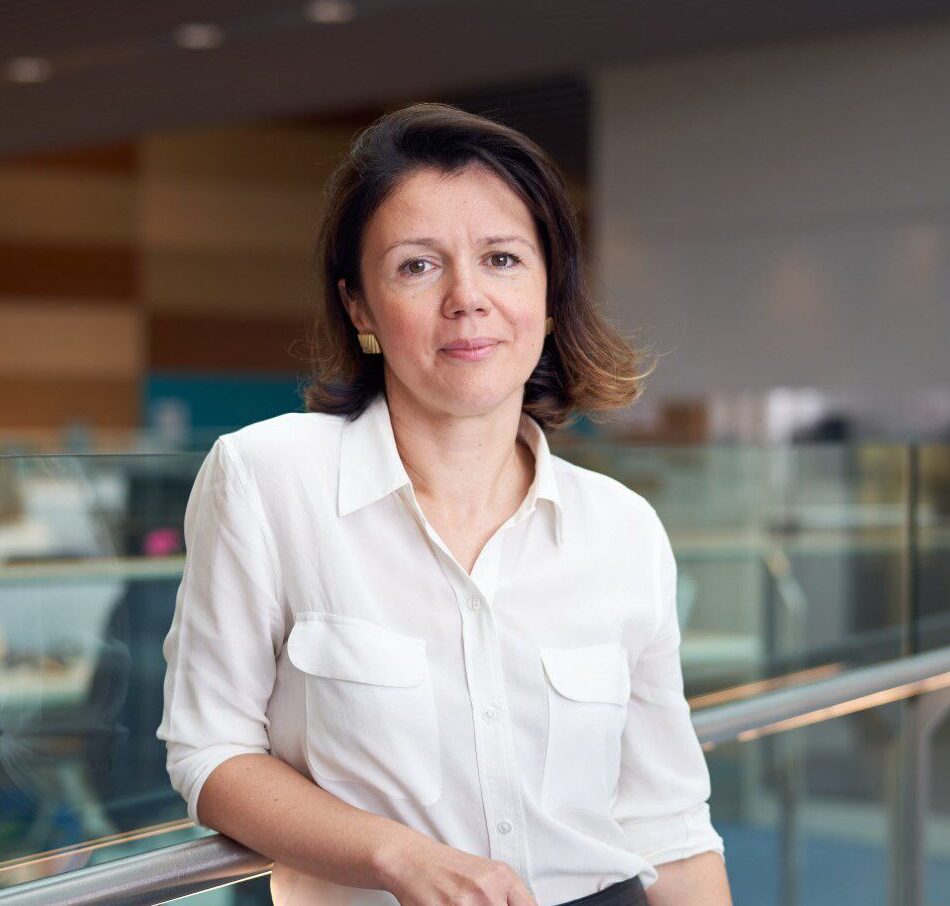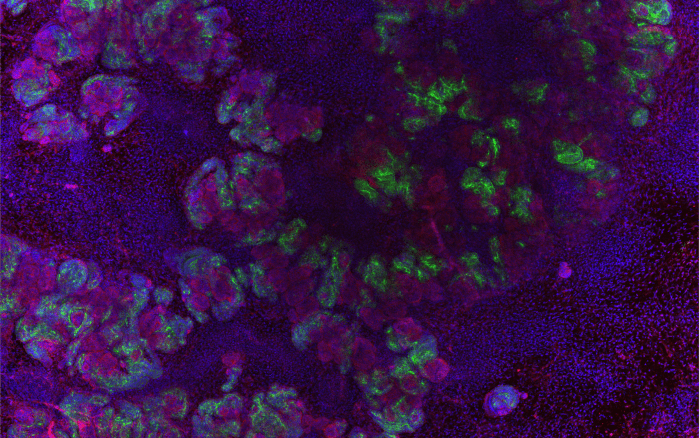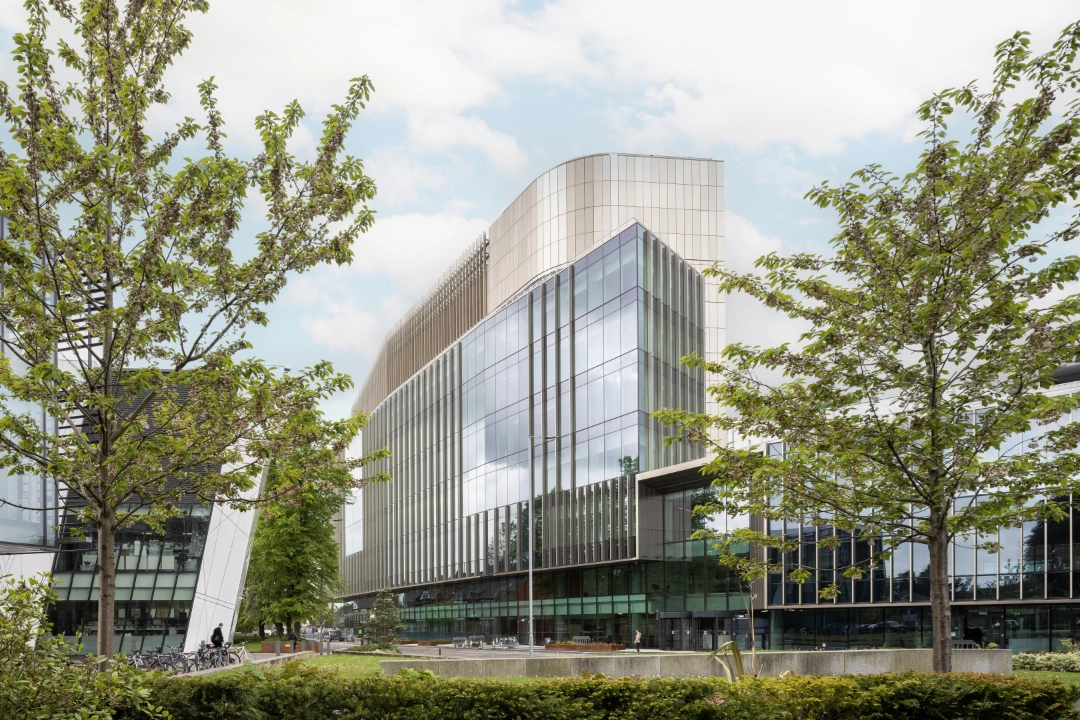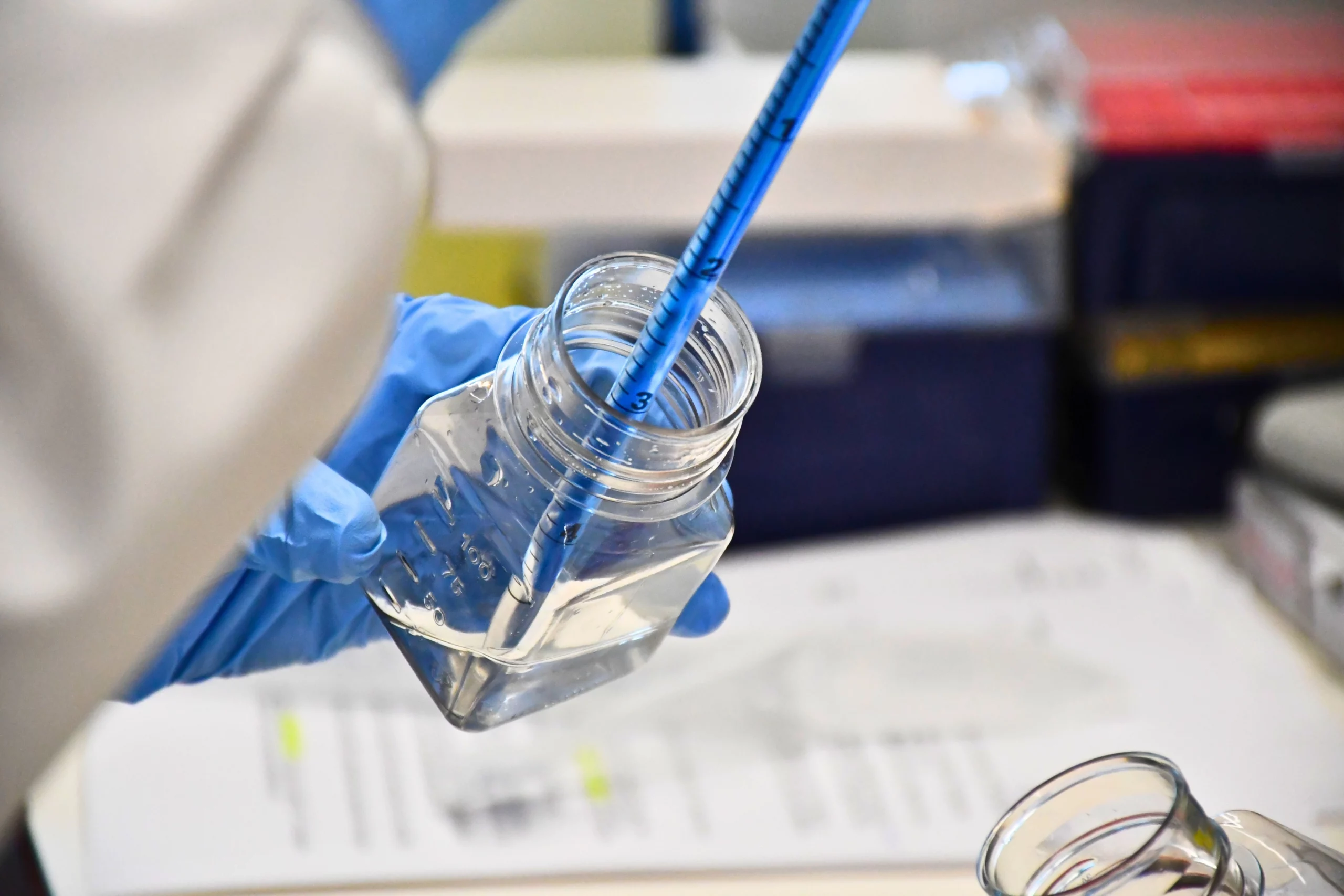Key Details
About the role
We are looking for a postdoctoral scientist to work with a cutting-edge technology to understand cancer initiation and metastasis in our lab Cancer Dynamics which operates across the Cancer Research UK Manchester Institute and the Francis Crick Institute. The role will be based in Manchester with a visiting scientist status at the Crick taking advantage of both research communities.
This project – targeting Recurrent Aneuploidies in Cancer Initiation and Metastases – takes place in the laboratory of Prof Samra Turajlić. This multidisciplinary project sits at the intersection of cancer genomics, preclinical modelling, and translational therapeutics.
This is a unique opportunity to work with our special clinical resources and cutting-edge genetic engineering technology to uncover how aneuploidy drives cancer initiation and progression, and to develop novel therapeutic strategies for better cancer treatments.
About you
You should have a PhD in cancer biology or other relevant discipline along with the ability to independently design and carry out research projects. You will have experience of establishing and maintaining 3D organoid cultures and experience of genetic engineering and identification of positive clones. Experience of CRISPR screen or drug screen is desirable as is experience of in vitro co-culture experiments and with in vivo xenograft and metastasis models.
How to apply
To apply for this position please complete the online application via ‘APPLY NOW’ button to visit our secure job application site. Please ensure you detail the names of three referees and ensure you submit your application before the closing date specified.
Closing date: Sunday 23 November 2025. Please note this vacancy will close for applications at 11:59 pm on the closing date specified.
Contact us for further information
Benefits
Find out how contributions to the Institute are recognised with a generous benefits package
Wellbeing
Our mission is to promote and enhance wellbeing through the development of a proactive and enabling culture.
Equality, Diversity and Inclusion
Read about our commitment to creating an environment where diversity is celebrated and everyone is treated fairly

Personal Development
To enable you to excel in your role and continue to develop, we offer a variety of training and support opportunities
Our Research
Our research spans the whole spectrum of cancer research from cell biology through to translational and clinical studies
Research Groups
Our research groups study many fundamental questions of cancer biology and treatment
Our Facilities
The Institute has outstanding core facilities that offer cutting edge instruments and tailored services from expert staff
Latest News & Updates
Find out all our latest news
Why choose Cancer Research UK Manchester Institute?
The Cancer Research UK Manchester Institute, an Institute of The University of Manchester, is a world-leading centre for excellence in cancer research. The Institute is core funded by Cancer Research UK (www.cancerresearchuk.org),
the largest independent cancer research organisation in the world.
We are partnered with The Christie NHS Foundation Trust, one of the largest cancer treatment centres in Europe, which is located adjacent to the CRUK MI Manchester Institute in South Manchester. These factors combine to provide an exceptional environment in which to pursue basic, translational and clinical research programmes.
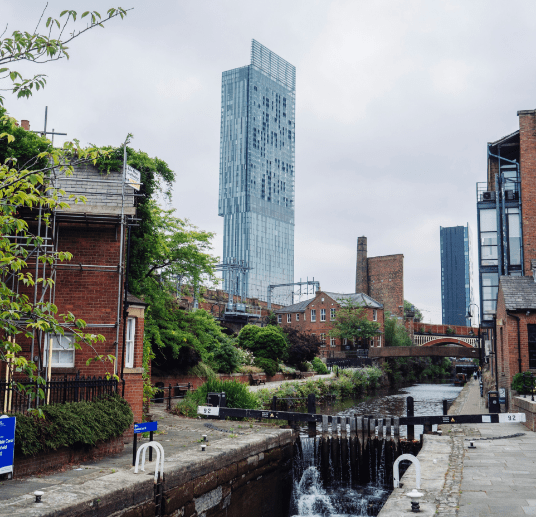
Careers that have a lasting impact on cancer research and patient care
We are always on the lookout for talented and motivated people to join us. Whether your background is in biological or chemical sciences, mathematics or finance, computer science or logistics, use the links below to see roles across the Institute in our core facilities, operations teams, research groups, and studentships within our exceptional graduate programme.





